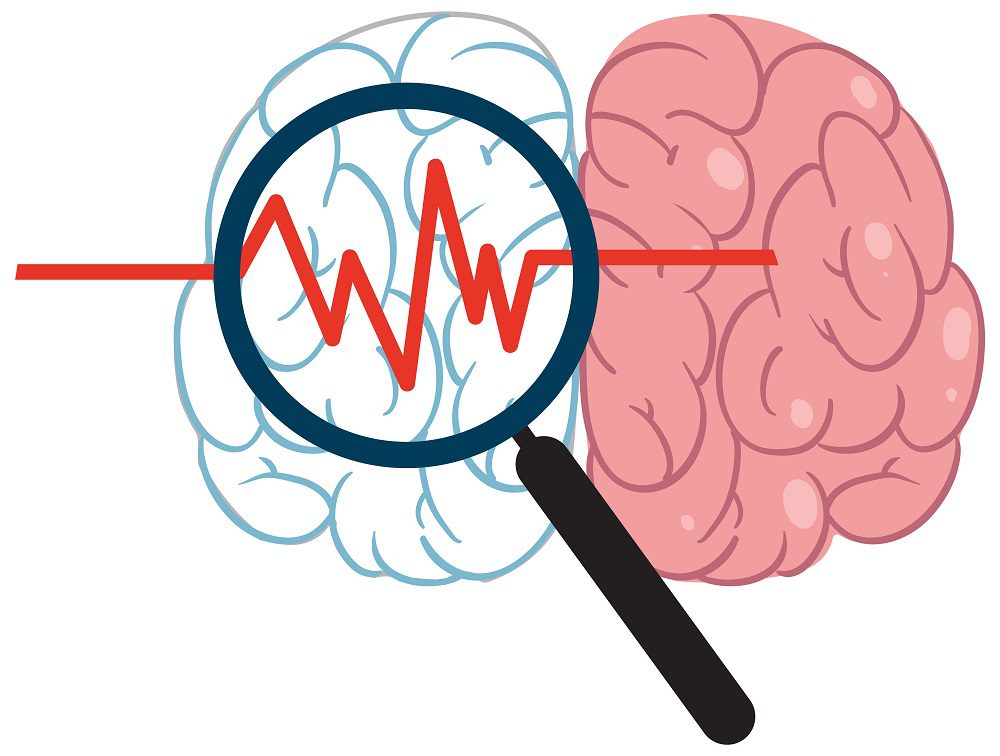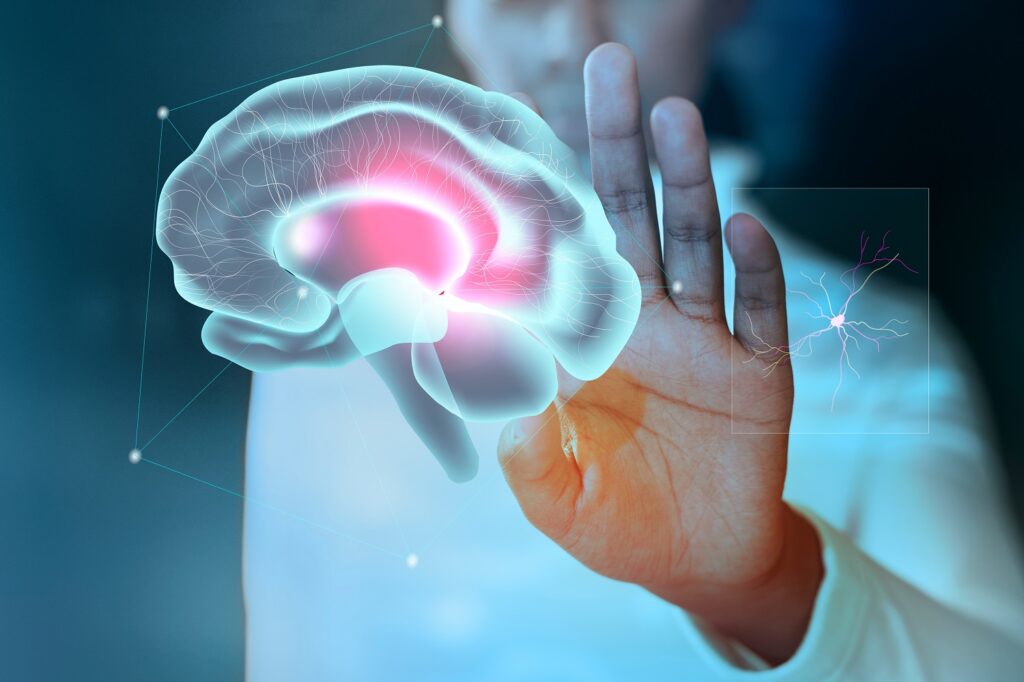It is a very alarming situation for the globe because 55 million humans are estimated to be affected by Alzheimer’s disease (AD) worldwide. This is an urgent reminder for better research and treatment due to the unavailability of a permanent medication for neurodegenerative disorders like AD. There are several novel and conventional formulation approaches that can be employed for the transportation of drug molecules to the target site in the brain, such as oral, intravenous, gene delivery, surgically implanted intraventricular catheter, nasal and liposomal hydrogels, and repurposing old drugs. AD is currently incurable, and the medicines available merely cure the symptoms or slow the illness’s progression. In the next 20 years, the World Health Organization (WHO) predicts that neurodegenerative illnesses affecting motor function will become the second-leading cause of mortality. The current article provides a brief overview of recent advances in brain drug delivery for AD therapy.
















